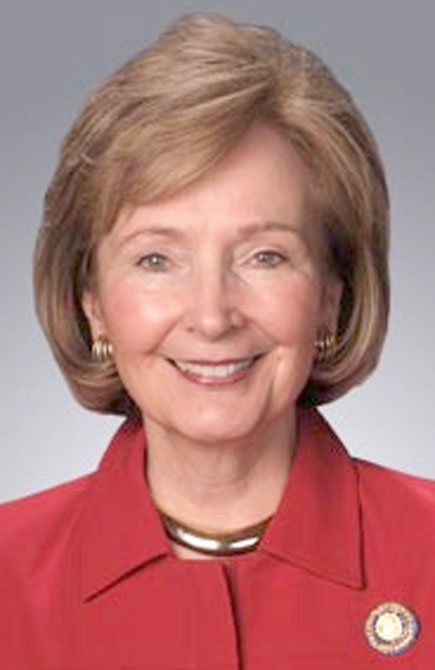LITTLE ROCK -- All state-supported colleges and universities have turned in preliminary enrollment figures to the Higher Education Department. This fall, the 11 four-year universities and 22 two-year colleges in Arkansas are experiencing an overall decline in enrollment of 1.7 percent.
The numbers are tallied on the 11th day of the fall semester, when state-supported campuses had a total of 146,752 students enrolled. A year ago the total was 149,326. In 2012 the total was 157,151.
Two-year colleges experienced the majority of the decrease. Since last year enrollment at colleges has gone down 3.8 percent, to 46,615 students from 48,467 students. In 2012, total enrollment at public two-year colleges was 59,786.
Enrollment at two-year colleges fluctuates according to the general economic conditions in Arkansas. When the economy is in a slump and jobs are scarce, young people tend to enroll in college to gain job skills and improve their career opportunities. Conversely, when the economy picks up and companies are hiring, they leave school and get jobs.
Since 2012, enrollment at four-year universities has increased slowly, although not too steadily. Five years ago there were 97,365 students in four-year universities in Arkansas. Last year the number exceeded 100,000 for the first time and this year it is 100,137. This year's enrollment is down 0.7 percent from 2016. Enrollment also dropped slightly in 2015 compared to 2014.
There are 13 private colleges and universities in Arkansas, and they also have seen a drop in enrollment. Last year they had a total enrollment of 16,524 and this year it is 16,043.
Two nursing schools supported by hospitals had enrollment increases of 15.2 percent. However, their total enrollment this fall, 734, is still well below what it was in 2012, when 911 nursing students were enrolled.
It is the goal of state policy makers to increase the number of graduates with an academic degree or a technical certificate. Arkansas ranks near the bottom of national rankings that measure the percentage of adults who have a degree.
It's an economic issue, because better educated people tend to be more productive and financially prosperous. Also, students who graduate in Arkansas are more likely to stay in the state and work or start a business, compared to students who leave the state to pursue a degree.
Enrollment used to be a major factor in the level of state tax dollars an institution received. However, this year the legislature changed the funding formula to give more weight to the number of students who graduate.
Act 148 of 2017 directs the Board of Higher Education Coordinating Board to write two separate formulas, one for two-year colleges and another for four-year universities. The formulas will take into account the different missions of each institution, the number of under-represented students who attend the campus and the number of STEM students that attend.
STEM stands for science, technology, engineering and mathematics.
The University of Arkansas at Fayetteville is the largest four-year campus, with 27,558 students. The largest two-year college is Northwest Arkansas Community College, with 7,703 students. It has numerous locations in Benton and Washington Counties.
•••
Editor's note: Arkansas Senator Cecile Bledsoe represents the third district. From Rogers, Sen. Bledsoe is chair of the Public Health, Welfare and Labor Committee.
Editorial on 10/25/2017
